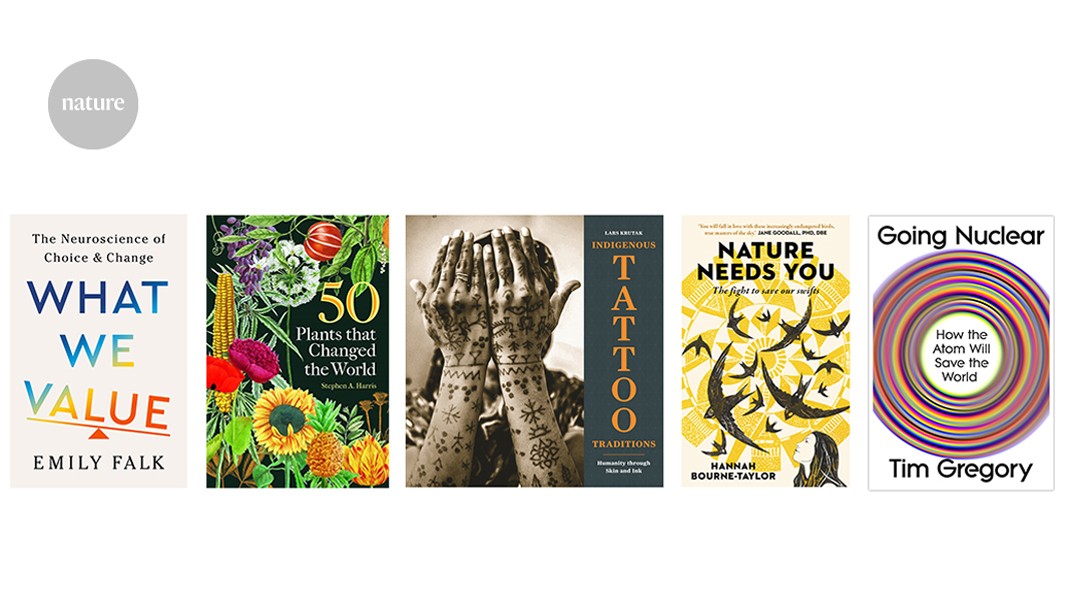
"Tim Gregory notes that the most climate-concerned environmentalists are often the least supportive of nuclear power, despite its potential to mitigate global warming through zero carbon emissions."
"Nuclear energy produces no carbon dioxide and one gram of uranium contains as much energy as several tonnes of coal, presenting a substantial opportunity for energy generation."
"Emily Falk explains that brain scans can reveal responses to stimuli, which helps researchers understand values systems that may lead to improved life outcomes."
"Hannah Bourne-Taylor highlights the decline in swift populations and her initiative to save them through the use of swift bricks in buildings."
Nuclear energy presents a compelling option for addressing climate change as it generates no carbon dioxide emissions, and one gram of uranium can yield the energy equivalent of several tonnes of coal. Despite its potential, many environmentalists remain skeptical of nuclear power due to past disasters like Chernobyl and Fukushima. Neuroscientist Emily Falk discusses how brain scans can provide insights into people's value systems, enhancing understanding of human behavior. Nature writer Hannah Bourne-Taylor actively campaigns to protect declining swift populations by promoting the use of swift bricks in building designs to support their nesting.
Read at Nature
Unable to calculate read time
Collection
[
|
...
]